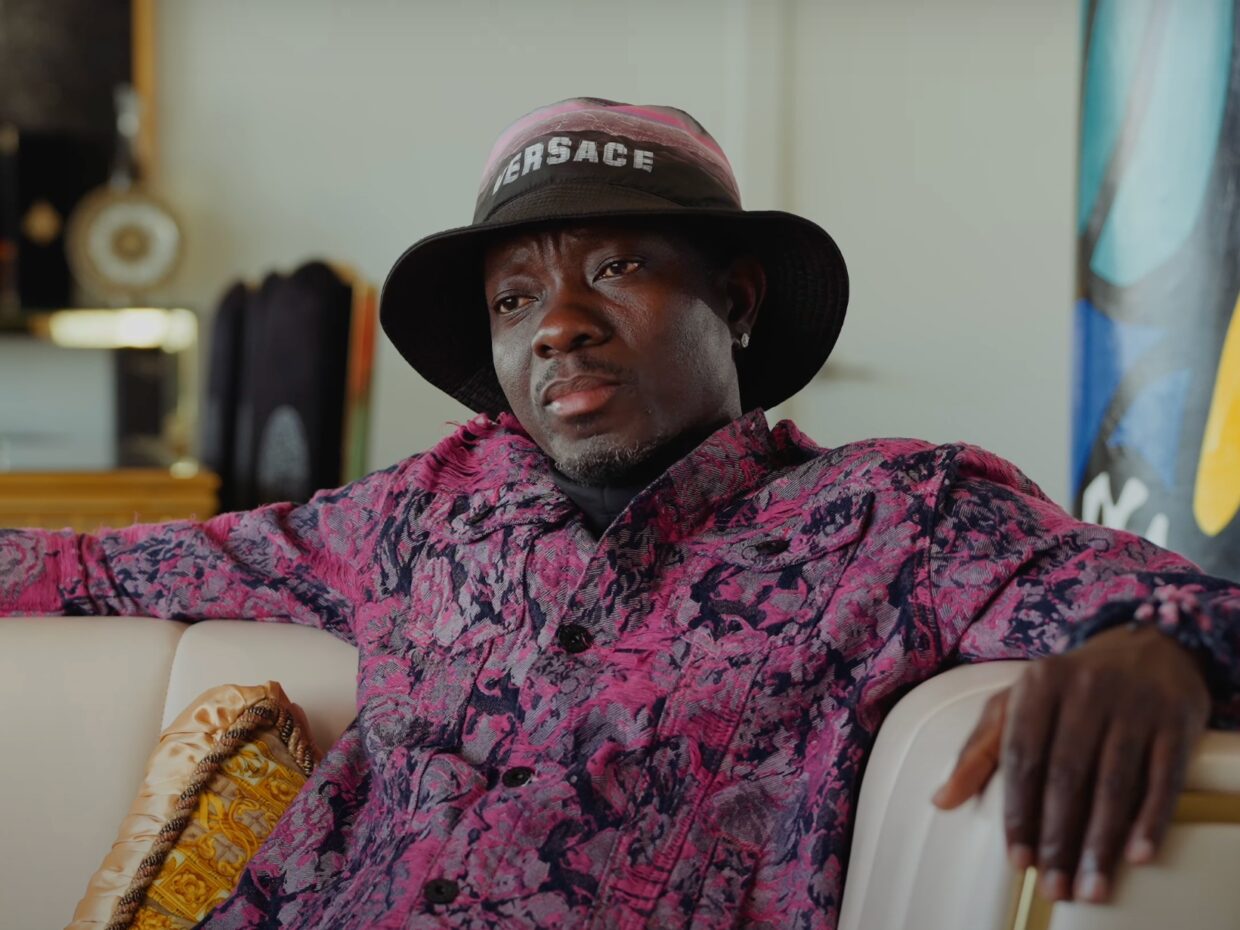Michael Blackson claimed he and half of his fellow comedians are still grappling with the aftermath of Will Smith’s infamous slap of Chris Rock at the Oscars. The incident, which occurred during the 2022 Academy Awards, left an indelible mark on the comedy community. Blackson made the remark in a recent interview with the Art of Dialogue, when he was asked about Bad Boys: Ride or Die, Smith’s latest movie.
“I’m rocking with Chris Rock because I’m a comic, so I really haven’t got over the slap yet,” he explained. “So it’s not really pushing me to go to the movie theater to go and see this, because as soon as I see his face I’m just thinking about [the] slap. Don’t get me wrong, we love Will Smith. He’s our guy and all of that stuff, but I think what happened there was, he probably just thought he was invincible, he could do whatever he wants, he’s Will f###### Smith.
“Maybe when Chris Rock and him could make up, then I can be like, ‘OK, if Chris forgive[s] him, then we all OK with it,’ but right now, 50 percent of us feel that way about the slap.”
Blackson’s remarks highlight the ongoing impact of the event, emphasizing how it has reshaped the dynamics of comedy and public performance. For many comedians, the slap wasn’t just a shocking moment but a significant breach of the unspoken contract of safety and respect between performers and their audience.
Blackson’s sentiments echo the broader concerns within the comedy world, where the incident has prompted a reevaluation of what it means to perform live. The unexpected aggression displayed by Smith, a beloved figure in the entertainment industry, against Rock, a revered comedian, has led to increased anxiety and caution among comedians.
Many now feel a heightened sense of vulnerability, questioning whether similar outbursts could occur during their performances. This pervasive unease has fundamentally altered the atmosphere within comedy circles, with performers becoming more aware of the potential for unexpected reactions from their audiences.
Furthermore, the slap has sparked an ongoing dialogue about boundaries and respect in comedy. Blackson and his peers are navigating a landscape where the line between acceptable humor and offensive content is more scrutinized than ever. The incident has served as a stark reminder of the volatile intersection between comedy and societal sensitivities.
As comedians continue to process and respond to this event, they are actively seeking ways to balance their comedic freedom with a renewed understanding of the impact their words and actions can have. The repercussions of that single moment at the Oscars continue to resonate, shaping the future of comedy in profound ways.
